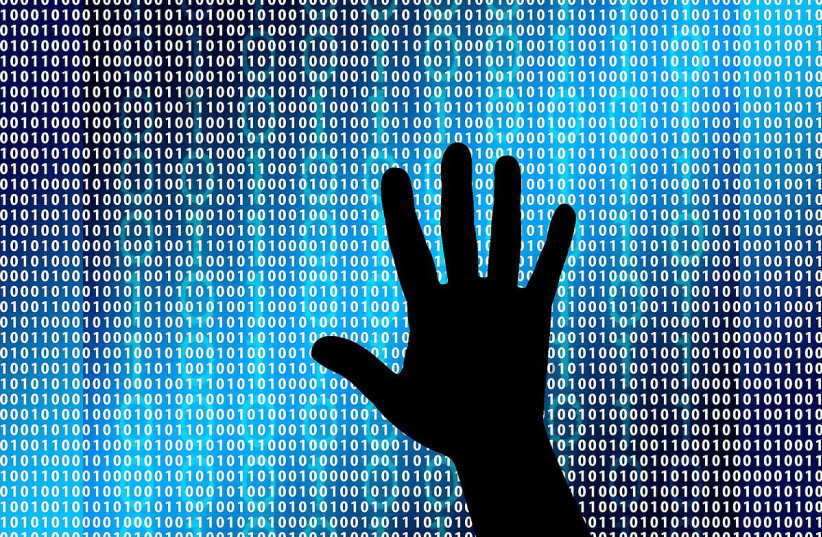A new type of cyber attack: Iran’s attack on Israel’s consciousness
Cyber is a vector of attack and a battlefield no less important and significant than the physical dimension. The Cyber Directorate issued a statement this week regarding the increase in influence attempts online. The Iranians are trying to mess with our heads.
Cyber warfare can relate to many possible damages, ranging from shutting down critical infrastructures such as electricity, water, and fuel to hacking and stealing classified information, disrupting databases to mislead and sow chaos and destruction, and shutting down systems, particularly vital systems like hospital systems essential for saving lives. All this happens alongside a dramatic increase of hundreds and thousands of percent in attack attempts on businesses and companies in Israel.
Among the various types of cyberattacks, there is one that is somewhat different, and it mainly occurs when there is a war in the physical dimension, as is happening now: an attack on the consciousness of Israeli citizens.
This type of attack does not cause direct harm. For example, not long after October 7, attackers took over billboards in Tel Aviv and changed the advertisements on the signs to pro-Palestinian slogans and disturbing images from the massacre.
Another example occurred this week, when attackers uploaded a malicious website, impersonating Israel’s Mako site, with a frightening headline: “The Home Front Command updates that it is forbidden to leave the house after 22:00 due to a predicted attack by Iran on all of Israel.” In consciousness attacks, there is also a method of sending fake SMS messages, whose sole purpose is to instill fear. These messages infiltrate automatic response systems so that if you call a call center, you receive frightening messages that Israel is nearing its end.

These attacks, as mentioned, do not harm critical systems or disrupt information. But they harm something much more important: the national morale and the resilience of the home front, and they can sow fear, chaos, and anxiety that in themselves might cause significant damage, sometimes much more than a few falling rockets.
What must we do?
First of all, be aware of this type of attack. Understand that those responsible for these messages are the Iranians who want to scare us. Do not pay attention, and certainly do not spread the information any further. Sending and spreading the information helps the Iranian enemy achieve its goal. Check every pop-up window on the computer or mobile device carefully, as well as every email that arrives with an attachment. Only after we are sure that the email is genuine (verify the email address with the sender or compare with previous emails sent), and only if we were expecting such an email, can we open it.
Do not be frightened by SMS messages from an unknown number containing threatening and frightening warnings. Just block and ignore.
Do not answer calls from unknown foreign numbers. If you answered and received a threatening message, hang up immediately and block the number.
If you see a fake profile on social media posting malicious content, block it and do not share or spread it further.
No less important: stop right now and check that you have “two-step verification” enabled in your WhatsApp and social media apps (Settings – Privacy – Account – Two-step verification – Enable). By enabling two-step verification, you’ll make it harder for anyone to hack your account and take over your WhatsApp/social media account.
The writer is a risk management and cyber expert, CEO of LT RISKMGMT, and a member of Forum Dvorah.





Comments are closed.